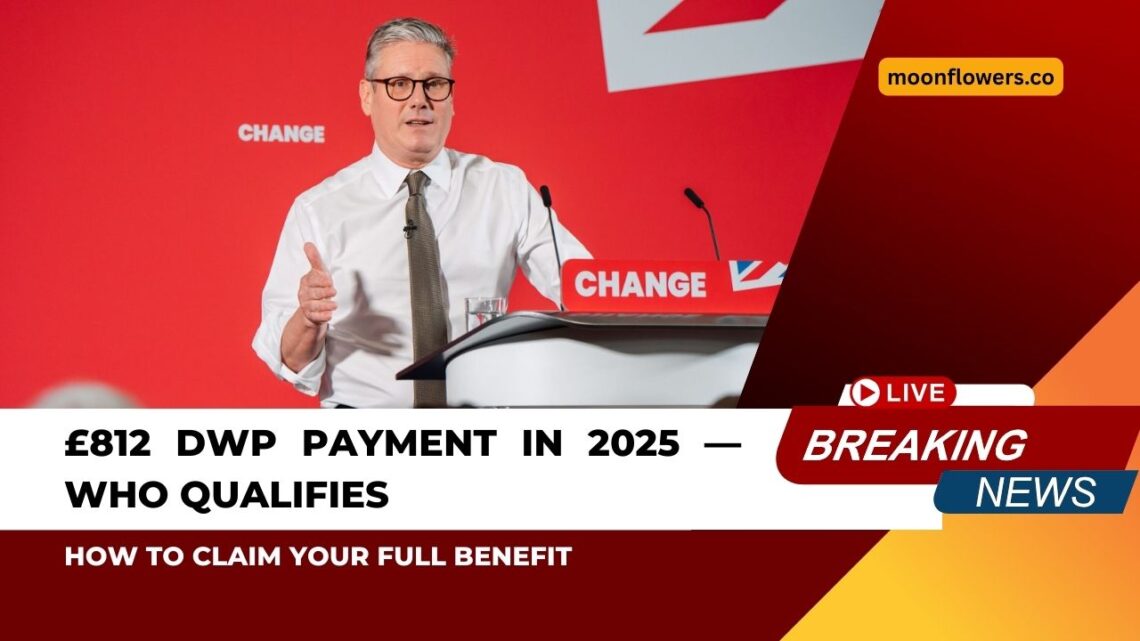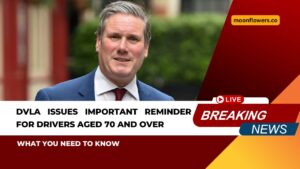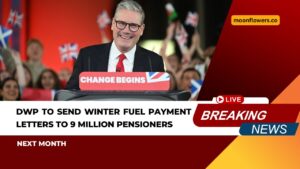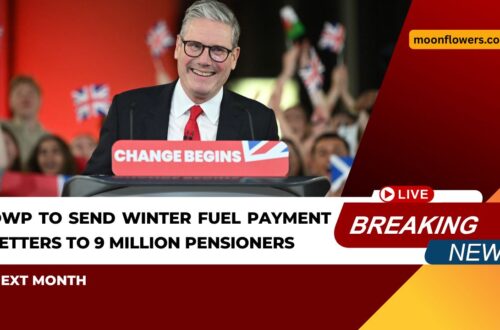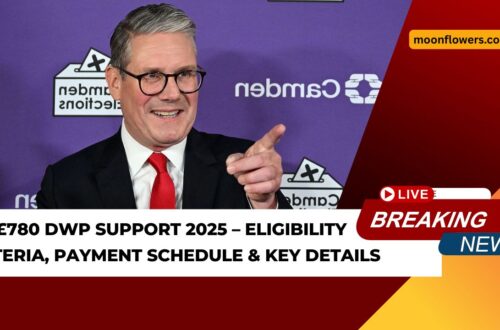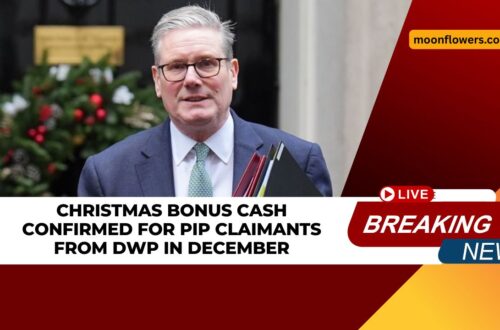The Department for Work and Pensions (DWP) has confirmed a new £812 payment for 2025 aimed at supporting vulnerable households facing rising living costs.
This one-off payment is part of the government’s wider cost-of-living strategy, designed to help those on low incomes, pensioners, and individuals with disabilities manage essential expenses like food, energy, and rent.
This guide explains what the £812 payment is, who qualifies, how it will be delivered, and the key benefits it offers to millions of UK residents.
Eligibility Criteria
The eligibility for the £812 payment is based on receiving certain existing benefits. Those who are most financially vulnerable will be prioritised.
Likely qualifying groups include:
- Pensioners receiving Pension Credit or related support
- Low-income families on Universal Credit, Income Support, or Child Tax Credit
- Individuals with disabilities receiving disability-related allowances
- Households meeting income thresholds set by the DWP for 2025
To qualify, claimants must be living in the UK and actively receiving a qualifying benefit during the eligibility window set by the DWP.
Key Payment Details
| Category | Details |
|---|---|
| Payment Amount | £812 (one-off) |
| Responsible Department | Department for Work and Pensions (DWP) |
| Eligibility | Low-income households, pensioners, disabled individuals |
| Linked Benefits | Universal Credit, Pension Credit, Income Support, Child Tax Credit |
| Payment Method | Direct bank deposit |
| Application Required | No (automatic if eligible) |
| Purpose | Cost of living support |
This table gives a snapshot of how the £812 payment will be distributed and who it targets.
How the £812 Payment Will Be Delivered
The DWP has confirmed that payments will be made directly into the bank accounts of eligible recipients.
- No separate application will be required if you already receive a qualifying benefit.
- The payment will be automatically processed through the existing benefits system.
- Recipients should ensure their bank details and personal information are up to date with the DWP to avoid delays.
This streamlined approach will prevent administrative backlogs and get the funds to people faster.
Key Benefits of the £812 Payment
The £812 DWP payment provides several important benefits beyond financial support:
- Immediate Relief from Rising Costs
- Helps cover energy bills, food, and rent, easing the pressure on household budgets.
- Prevents Debt Build-Up
- Provides a cash boost without borrowing, reducing reliance on high-interest credit or payday loans.
- Emotional Reassurance
- Offers peace of mind and stability for struggling families, showing that the government is taking steps to support them.
This payment is expected to be particularly impactful for households living paycheck to paycheck.
Wider Cost of Living Support
The £812 payment complements other government support measures in 2025, such as:
- Energy bill subsidies
- Council tax rebates
- Additional pensioner winter support
- Disability cost-of-living payments
Combined, these schemes form a safety net to prevent vulnerable households from falling behind during a period of high inflation.
The £812 DWP payment in 2025 is a vital part of the UK government’s plan to support low-income households, pensioners, and disabled individuals through rising living costs.
It delivers quick, targeted relief, reduces the risk of debt, and offers financial and emotional security during uncertain times.
Eligible individuals will receive this payment automatically, so keeping your details updated and staying informed on your benefit status is essential.
For many families, this one-off boost could be the helping hand they need to regain stability and peace of mind in 2025.
FAQs
Do I need to apply for the £812 payment?
No. If you are eligible, the payment will be issued automatically into your bank account.
When will the £812 payment be made?
The DWP has scheduled the payment for 2025, and eligible recipients will be notified in advance before the funds are issued.
What if I think I am eligible but don’t receive it?
You should contact the DWP or your local Jobcentre Plus to report the issue and confirm your eligibility status.

